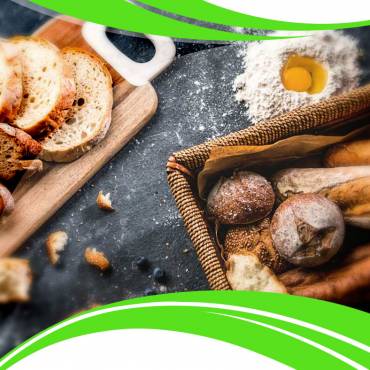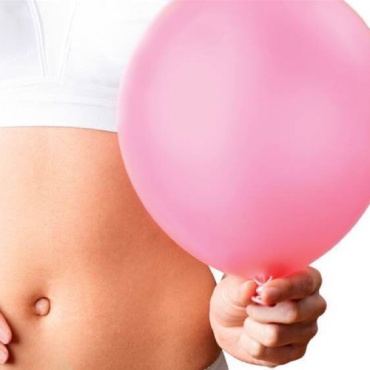Posted May 20, 2019
1
0
1
Recent research shows that 1 in 5 adults have felt anxious due to their body image. 50% of the population ranging from 18 – 25 yrs have said social media caused them to worry about their body image. Whether it is in newspapers, magazines or social media , irrespective of the age group, we are all surrounded and constantly thrown masses of images and information on what we should look like. Lest we forget that those images are either photoshopped or airbrushed. Those perfect instagram bodies are far from real and don’t portray an accurate depiction of reality. Often missing the fact that having a strict dietary regime which so many influencers follow might cause more harm than good. This can prove to be detrimental to those who do not seek the correct advice from experts. Weight loss packages, slimming products, surgical enhancement offers, every day there are new products and plans claiming to give you that six pack or beach-ready body in a month!
What can we do to support our mental health and bodies?
- Remember, it is not WHAT you eat, it is WHY you eat.
-
Read or watch anything related to health and nutrition that is evidence based and is supported by registered health professionals.
-
Choose a healthy life style. Eat, be active and make it fun. This doesn’t have to be a chore, in the longer run not only promoting your physical health but will also aid your mental health. Having a buddy to exercise with can make the task less tedious, unless you are someone like me who is more of an independent gym goer.
-
Eat a diverse diet that includes wholegrain carbohydrates, fruits, vegetables, proteins and milk products. Studies have shown having a good varied diet for at least 3 months can have a positive impact on mental health.
-
Practice mindfulness, even if it is just 10-15 minutes a day, it can make a significant difference. Studies have shown that regular mindfulness for at least 8-10 weeks can help manage stress and anxiety.
-
Rest, do nothing, yes, you read it right. Getting enough rest and sleep is equally important to your mental wellbeing.
-
Take time to reflect on how you are feeling. If you are feeling low, speak to someone you trust. It’s okay to not be okay. There are many organisations who can provide confidential support.
On a last trail of thought, I’d like to impart some reflective advice which you can take away from this. The correlation of body image and mental health is gradually surfacing as an issue which many individuals struggle with but is never observed at face value. Therefore, I would strongly recommend seeking help and support and not battling it on your own. A dietitian can guide you in the right direction and assist you to make appropriate choices to achieve more sustainable healthy changes.






